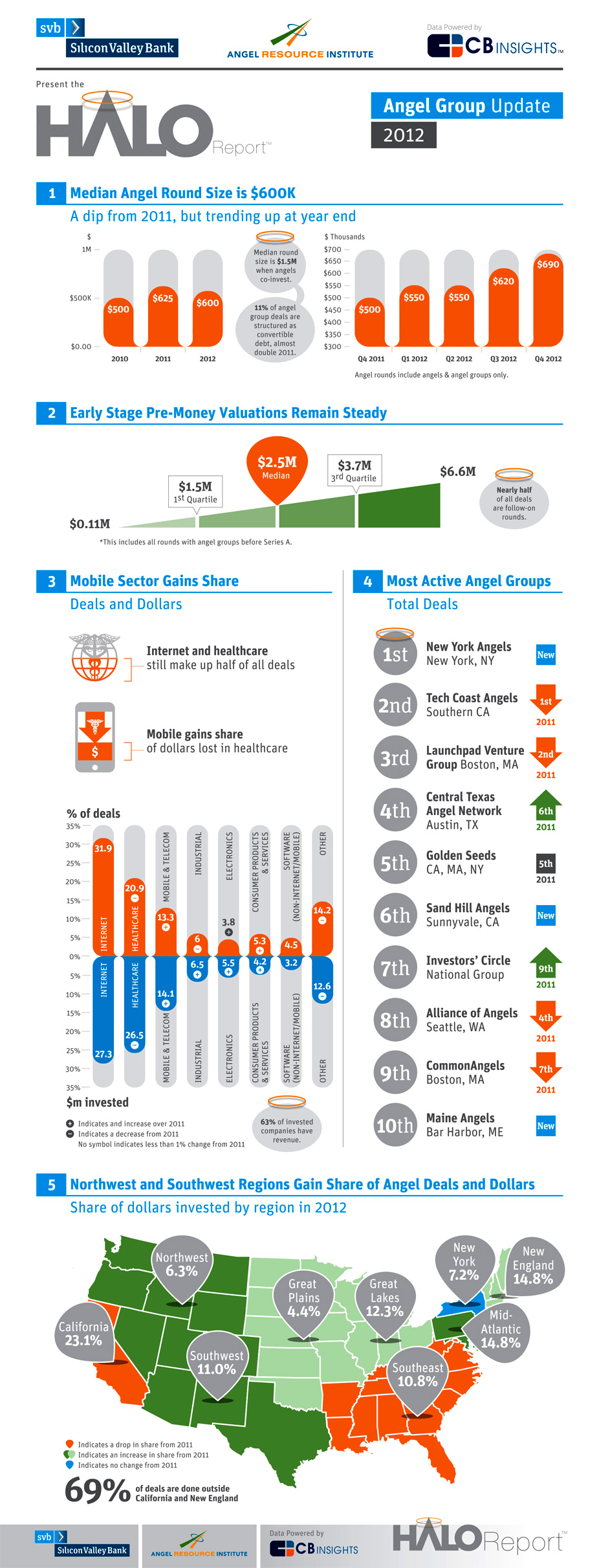by tomnora | Aug 18, 2013 | Angel Investor, Business Development, Hiring, Jobs, PHP, SaaS, Scalability, startup, startup CEO, Tom Nora, venture
Confessions of a Drupalvangelist
Anyone who’s been around me for the past 6-12 months has been inundated with my evangelism of eCommerce in general and Drupal + PHP. This is actually a bit strange for me, as a 20+ year software industry professional, I’ve spent most of my time in the world of extremely sophisticated software tools and languages – several of the startups I’ve worked at and/or launched were based on software tools to build software, so I’ve been in the middle earth of software for awhile.
The So Cal engineering gap? I’ve been able to study the Southern Cal software dev scene as an insider for over 2 years now. As a native LA person, I’m gratified to see so much code and code talk flying around my town. But, there is a serious gap in the discipline, number of developers and community around real software development here. Also lot’s of fake, wanna be CTOs here. (So L.A.) This imbalance keeps L.A. from catching up with Silicon Valley and New York as a stronger startup region. In my career I’ve seen many times the positive effect of a rich software development discipline, full life cycle, QE vs. QA, test driven development, all the “other” parts of SW dev.
The strongest impact on improving this situation is Silicon Valley and Seattle companies – Google, Facebook, Amazon, Microsoft and others are making enormous investments in building So Cal as a software town. They bring with them confidence, tools, brilliant people and believe it or not, Drupal and PHP.
Drupal has a worldwide engine of real software discipline. The So Cal Drupal scene is highly regarded and has several free meetings every week to teach advanced software life cycle issues. The Getty, USC, The Grammys, MTV, and many more giant websites built in L.A. are built on Drupal.
What is Drupal? Drupal works at all levels of software development. Drupal and PHP were tools I’ve acknowledged for a decade but never studied much. Then last year I decided to re-educate myself in software development, but this time as a regular ol’ coder. Although I have an EE and CS education, my best contribution to technology businesses has been in strategy/sales/marketing/leadership. I’ve had 7 jobs in Silicon Valley in software development companies, but 6 of the 7 were in business development.
When I dove into development with a focus on the future and e-commerce I quickly saw that Drupal and thereby PHP are taking over the scene. Sure you have Ruby, Python, many others, but PHP is winning because it’s so accessible to newbies, and it manipulates the server side continuously, allowing e-commerce, social, geolocation and other apps. Big boy applications.
The world has changed – software development, app dev, and software engineering are taking over the center of the conversation, and Drupal/PHP is taking over the lead. You can actually have a successful startup now with just developers, with just one (although I don’t recommend this), if they’re savvy and humble enough.
What is Drupal? Drupal is prevalent in the Silicon Valley ecosystem? In the birthplace of Java, BSD, SQL and many other critical software technologies, Drupal and PHP are spreading like a California wildfire. Drupal has recently permeated places like Stanford; there are over 1,000 sites on campus now. Ther are 20+ major Drupal dev shops up there, they have BAD Camp every year, one of the top Drupal camps in the world.
What is Drupal? Drupal can make a non-developer earn $60-100,000 per year within a year of study. A Drupal or PHP developer here can make from $50 to $200 per hour; I see it all the time. The problem in So Cal is that the discipline part is weak; we’re just not steeped in the cmplete range of what full cycle development, test, etc. are as a region. PHP and Drupal are partly at fault for this – people who never attended Engineering school can learn these tools in less than year without learning formal computer sciense discipline.
What is Drupal? Drupal is an overly friendly community of helpful people and ample free training and coaching. Drupal is also free open source software with functionality for every possible web application. When I moved back to L.A. in 2010, I gradually saw that among our weaknesses we were very strong in E-Commerce, Fashion Commerce, Mobile Commerce, Content Communities, dynamic sexy websites and it was all based on varieties of PHP/LAMP. Drupal’s weaknesses as a software language tool (push button programming, configuring, too easy, more IT than software dev) are actually its strengths. Even the best software hackers should hack less and use that time to build more functionality and usability.
What next?
1. Go to drupal.org, join up for free, find me there I’m tomn
And contact me if you want my help on anything Drupal or PHP…
[contact-form][contact-field label=’Name’ type=’name’ required=’1’/][contact-field label=’Email’ type=’email’ required=’1’/][contact-field label=’Website’ type=’url’/][contact-field label=’Comment’ type=’textarea’ required=’1’/][contact-field label=’Drupal or PHP experience’ type=’text’/][/contact-form]

by tomnora | Aug 9, 2013 | Angel Investor, CEO Succession, early stage, founder, Hawaii, Launch, Revenue Growth, startup CEO, Tom Nora
I’ve advised several founders from 500 su and they’ve all said Dave is fair, honest, easy going, and lets you know when you’re cheating yourself. Most venture capitalists will take a little advantage of naive entrepreneurs so this was surprising to hear over and over.
Dave McClure should be thought of more as a movement leader than asking how he negotiates. He doesn’t really have to use any tricks, the whole thing is a brilliant maneuver. Remember, this thing didn’t exist a few years ago.
By design his operation is humble (I know, I’ve lived on Castro Street twice!). He created a new layer for people to get a shot at launching a Silicon Valley start with some cash and mentoring that they never would have otherwise had.
Negotiate? He could be more hard-ass but isn’t. He could wear contacts (or real shoes) but doesn’t. He created his own ecosystem that spreads out all over the world now, and even used some of his own money.
The environment allows people learn how to negotiate. And to fail softly if they fail, which is almost critical to later success.
500 startups went from strange idea to an integral part of the world startup ecosystem. Not many major players are not involved or connected in some way. One of the things Dave doesn’t charge for in his valuations is the connections to that world, and for that he will surely make everyone involved a bit of a winner.
Edit
@tomnora

by tomnora | Jul 20, 2013 | Angel Investor, early stage, founder, Hawaii, SaaS, Scalability, startup, startup CEO, Tom Nora
In 2008 I was working on a post-merger integration project for a small company being acquired by a Fortune 100 behemoth. We looked at several SaaS based systems for accounting, sales automation, calendaring, product management, scheduling our company airplane, travel, etc. At the time SaaS just wasn’t mature enough and people at the company weren’t comfortable enough to make the change; too many old habits of installing software.
Because of this reluctance, almost every business process we depended on required the manual intervention of humans. The difference in efficiency between then and now is pretty amazing.
Today, only 5 years later, almost every task we performed then is gone, a complete turn over of an industry. These are now done either transparently in the background, in the cloud, or done using minimally invasive mobile apps. Spell-guesser, auto-fill, travel, accounting, calculating company valuations, facebook, pinterest, dropbox, codecademy, me writing this blog are all managed by a SaaS platform.
PaaS, IaaS and other derivatives of SaaS are proliferating but are just that, derivatives. Today SaaS is pretty much the norm; many, many human processes have been displaced more rapidly than ever in our history. We wouldn’t be able to imagine our lives without it, auto-save, no software loads, freemuim, mobile, access anywhere. I can even build server based websites with Drupal and MySQL now on an iPad in a coffee shop.
But more importantly, the labor of moving software around by humans and physical media and even the Internet has been taken down to almost zero. The software just doesn’t leave it’s cloud hosts anymore. This saves energy, mistakes, cost, time, client computer memory and bandwidth. It vastly reduces computer waste.

SaaS is the culmination of over 20 years of changes from ASPs, client-server, the web, higher speeds, always on, mobile 2.0, cloud computing, laptops HTML5 and many more innovations to finally reach the moment we’re in now. This speed of innovation has never been seen in history – not in automobiles, education or any industry.
The way we do things today is very different because of SaaS and the Internet. 80 year olds can build a Facebook page of their family’s photos or create a new business using a cellphone because of SaaS, without ever knowing anything about the guts underneath. I wonder where it will go next, what the next big change will be to make todays capabilities obsolete. You know it will happen.
> Connect with me here and on twitter @tomnora
by tomnora | Apr 1, 2013 | Angel Investor, Business Development, CEO Succession, early stage, founder, Launch, Revenue Growth, Scalability, startup, startup CEO, Tom Nora, venture
After a recent speech I gave for startups, I was interviewed by Jennifer DesRosiers (love that name!) about tech startups. Here are my answers…
When did you first discover your love of technology?
>> When I was a 11 my brother built a homemade crystal radio. It was fascinating to see him assemble these inert parts and then hear sound come out. From then on I was hooked on technology and electronics.
What is your favorite part of your job?
>> The unknown factor, the challenge to create the future and make something grow from nothing.
What sparked the idea for NeoRay?
>> The original idea for me came from seeing people use their cellphones to buy from vending machines in Japan. Simultaneously Alessio watched his father create a PayPal competitor and he wanted to make something more futuristic for mobile payments; he then saw a WIRED article “Kill The Password!”. We compared notes and decided the timing was right for mobile payments without passwords leveraging advances in biometrics..
What in your opinion is the next big thing in technology?
>> The 15 Minute Website and Personal Website “Portfolios” – soon anyone will be able to build multiple personal sites with full e-commerce, payment systems, community, social networking, SEO, and big data analytics with no coding and very easy manipulation. Currently there is a barrier to this – you must know some coding to optimize this and it’s difficult to manage multiple sites. People and companies will have a portfolio of websites and not even think about it.. Most of the tools already exist but need a lot of refinement; it will take another 2-5 years.
What excites/interests you most about tech startups and what makes them successful?
>> The Scalability challenge. Much of my career has been dedicated to trying to create the alchemy of continuously growing a company. The progress of E-Commerce, HTML5, CSS3, PHP and Javascript have made it so any startup idea, tech or non-tech, can become reality with very little money or work. The difficult step has shifted from launch to revenues, scalability, growth.
This is exciting because it allows so many people to give it a try which equals more great ideas coming to light, but still requires a great idea and great execution to have larger success and growth. Pretty soon the most important people at startups will shift back from developers to those that can create and sustain growth.



